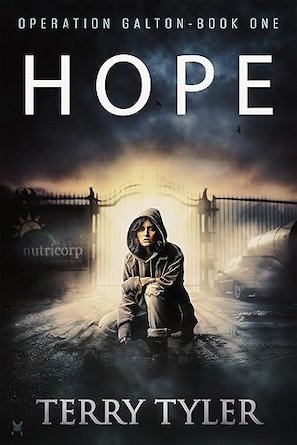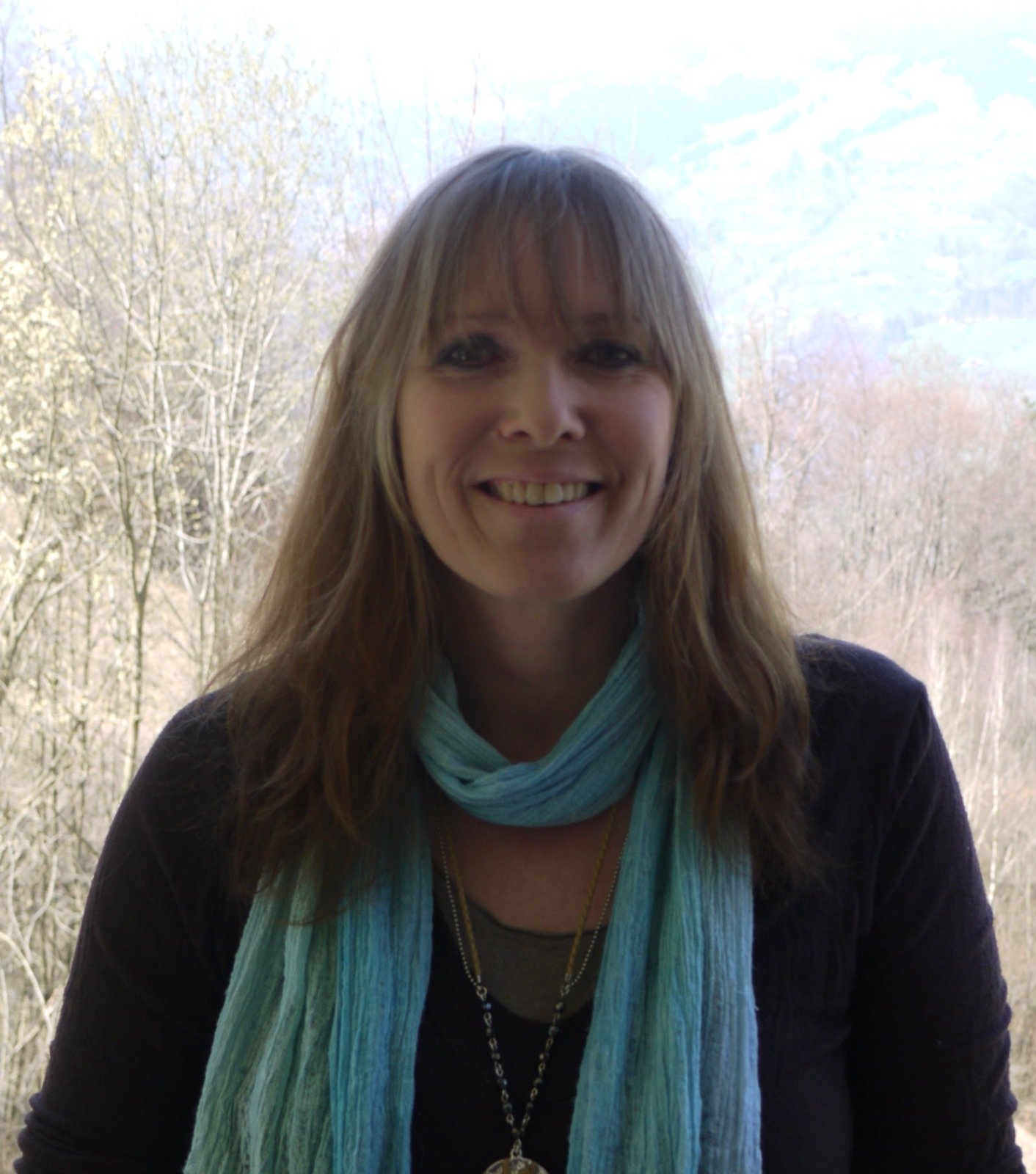Terry Tyler
What made you decide to become a writer?
It was never an actual decision, I don’t think. I’d always written stories and one day I thought I’d see if I could write a novel. I never consciously decided, ‘I want to be a writer’. I just wanted ‘to write’. If that makes sense!
What comes first for you – the plot or the characters? And why?
The plot, always. Because without a good plot a novel will fall short, however stunning the prose. I get an idea for a story, or a subject I want to turn into a story. Once I’ve got the outline in my head, I cast the characters. Then they all change in the first draft anyway, as the story unfolds in my head. In a nutshell, I work out the basic plot, and the characters evolve into who they need to be as I write.
How many books have you written and/or published and which is your favourite?
I’ve written about 35 novels (over a period of more than 30 years!), lots of shorts and a couple of novellas, though they’re not all published. I have one novel (in manuscript form, as were all my early ones) that I don’t think anyone’s read but me. If I had to choose a favourite it would probably be Hope. Though it’s so hard to choose. I also feel special affection for Wasteland, Safe Zone, Tipping Point, Where There’s Doubt, Darkness…
Tell me more about your favourite book – the plot, characters, setting, POV, tense…
Hope takes place in our near future – I wrote it in 2018 when 2028 seemed a long way away, but now it’s edging ever closer! It’s set in southern England, at a time when people are losing jobs to technology, unable to pay rising mortgage costs and rent, and homelessness is on the rise. The government has a solution: the new ‘Hope Villages’, supportive communal housing for the homeless, which is advertised as not only safe, but the first step on the ladder back to joining society.
Some suspect that a darker agenda is afoot – blogger Lita and journalist Nick are poised to find out if this is indeed the case. Hope is written from Lita’s first person point of view, some in present tense, some in past.
What is your favourite genre to write in? Tell me why.
Dystopian/apocalyptic. The state of the world and what might be coming is something I think and read about a lot, so it’s bound to come out in what I write. I love post-apocalyptic TV shows and films (an obsession triggered by The Walking Dead!); what I find so fascinating is the stripping away of modern life and how different personalities emerge – some expect to be rescued, some find bravery and leadership qualities they never knew they possessed, and then there are those whose darker side comes to the fore. The leaders, the followers, the resourceful, the ruthless. I find post-apocalyptic scenarios hopeful, too; it’s about the possibility of a new way of living, with the earth rather than on it. Like before the Industrial Revolution.
I’m also most interested in how the minds of the masses can be influenced, which is why I love creating dark dystopian scenarios in which the people are manipulated into believing whatever the government wants them to think.
Would you write any genre or do you stick to one?
To be honest, I tend to write the story I want to write, then decide what genre it is. Which I’m sure is totally the wrong way to go about it! Most of my books are as previously stated, but I’ve also written dark family dramas, murder mysteries, a novella about three writers (that’s pretty dark, too!), and more recently a novel about a romance scammer.
I would love to write historical fiction but do not feel confident enough to do so – it’s one of my favourite genres to read and I fear any attempts by me would be laughable in comparison with those of my favourite authors (yes, Deborah Swift, Gemma Lawrence and Judith Arnopp, that means you!)
Does your family read your work? If not, would you like them to? Are your books their thing? Would it bother you if they weren’t interested in reading any of them?
My sister proofreads my books, but she always used to read them before she started her business (@ProofreadJulia on X). My husband inspects them with a critical eye and gives brutal advice! My sisters-in-law read them all, as does my cousin’s wife. My late mother perused my first attempts, in the 1990s. She was very kind, ha ha! My brother even read a couple back then.
It’s hard to know if it would bother me if they weren’t interested, because I’m not in that situation, though of course their support means a great deal, and their ongoing interest gives me confidence; I definitely need that. Okay, there’s your answer.
I don’t feel miffed when friends don’t read any or all of them – a couple of my closest friends only read paperbacks and I’m mostly ebook, and some preferred me when I was pre-apocalyptic! But it’s a case of each to his own. You’ll never interest or please everyone.
Is writing therapeutic for you, or does it cause you to stress out?
I feel guilty if I haven’t done ‘enough’ in a particular week, but I don’t get stressed about it. I suppose it’s therapeutic in that I look forward to writing days, and feel good when I’ve kept at it for hours.
I used to stress out about the stage (usually somewhere in Draft 3) when I thought that everything I’d written was a load of bilge and I’d lost any talent I might have had. Now, because I am such an old hand (!) I know this is just part of the process. That I will love what I’m writing, despair over it, hate it and love it again.
How do you market your books?
Oh dear, I hardly do! I used to do so much more, but I can’t be bothered these days. I used to seek out new book bloggers, do all sorts of new release notifications, get in touch with as many regular readers as I could think of. Use Goodreads more, do tons of these interviews! Nowadays all I do is post on X and do a paid promotion via Freebooksy or Bargain Booksy about once a month.
Tell me why you market them this way – how it helps. Would you be open to help when it comes to marketing and promoting your work?
Paid promotion is definitely the best. Especially if you promote a series – making the first one free and the next one or two half price, for instance. I’d be open to any help at all, ha ha! X is where I’ve found so many regular readers, from when I first started. But, really, my marketing efforts are almost embarrassing they’re so poor.
How do you react to reviews? Would you prefer just good ones or are you okay to receive a bad one occasionally? How does this make you feel?
Of course nobody actively wants bad reviews, but anyone who expects only positive reviews (or constructive criticism at the very worst) of something they’ve created is on a hiding to nothing. The more your books sell, the more likely they are to be discovered by readers who don’t like them. If you publish your books on sites that enable public reviews, you need to learn to deal with this. Yes, it would be nice if any negative points were made with diplomacy, but the reader is under no obligation to not hurt your feelings.
I used to check for new reviews all the time, but I haven’t done so for some years now, not since Amazon enabled readers to rate without comment. Which can be a shame, because I can sometimes not catch a lovely review until months after it’s been written.























